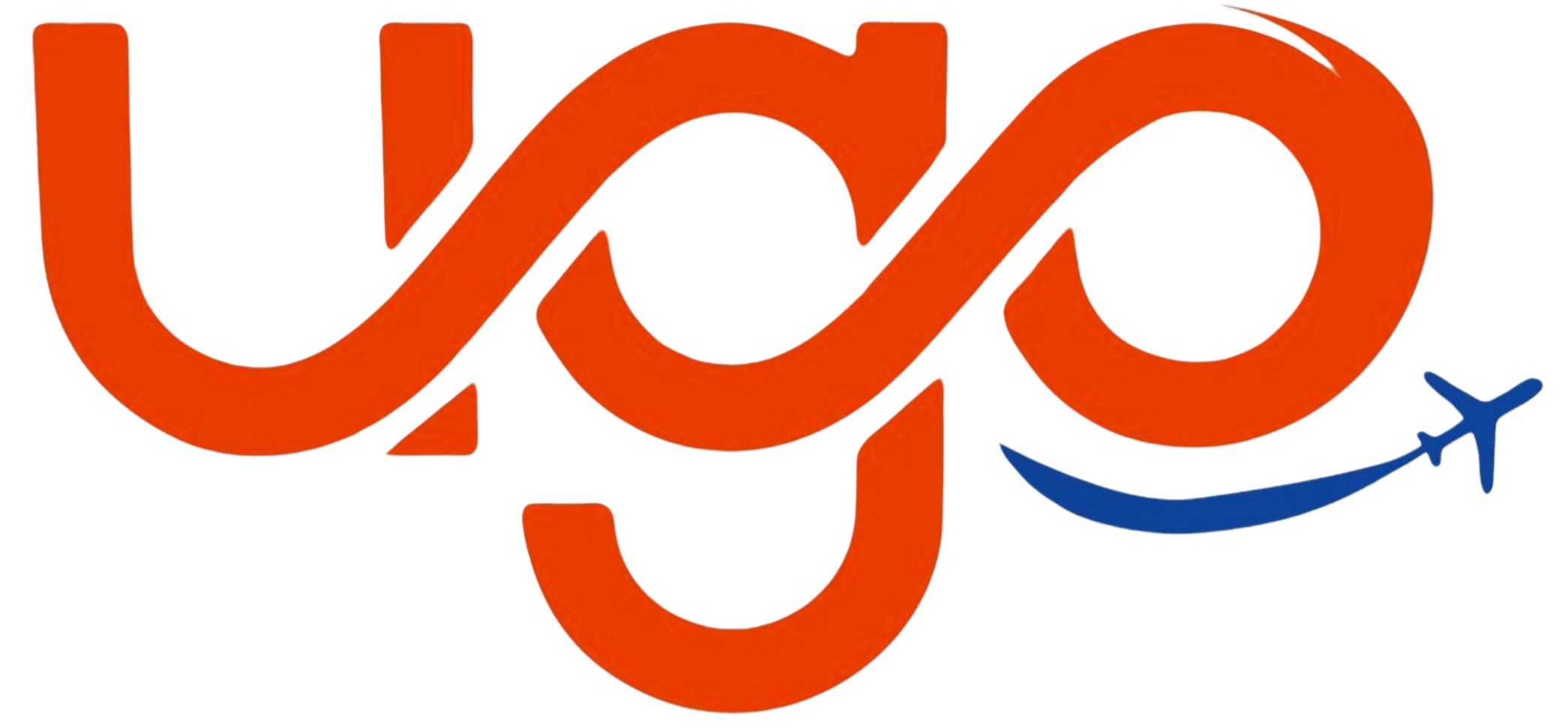Study Bachelor’s Degree in Canada – With Uniglide Overseas
Pursuing a Bachelor’s degree in Canada through Uniglide Overseas means accessing world-class academics, inclusive campuses, and clear paths to employment and permanent residency. With over 56% of Canadian adults holding a bachelor’s degree, the country is globally recognized for excellence in undergraduate education. Its universities offer the ideal blend of academic rigor, diversity, and post-study opportunities—making Canada a top choice for international students.
U.S. universities are globally acclaimed for their innovation, academic standards, and research-driven learning. Students benefit from dynamic classroom experiences, hands-on learning, and the freedom to customize their academic journey. Studying in the USA also encourages cultural exchange, independent thinking, and personal growth—qualities that are essential in today’s globalized world.
✨ Key Benefits
Canada’s bachelor’s programs are globally respected, with 24 universities in the QS World Rankings. Tuition costs between CAD 15,000–45,000 per year, typically more affordable than the U.S. or U.K. International graduates also benefit from a Post-Graduation Work Permit (PGWP) of up to 3 years.
📥 Admission Requirements
To apply for a bachelor’s in Canada, you’ll need:
Secondary school completion (minimum 60%)
Proof of English proficiency (IELTS/PTE/TOEFL/Duolingo)
Documents including SOP, LORs, resume, and portfolio (if applicable)
Uniglide Overseas helps you prepare every requirement seamlessly.
🎯 Career Prospects
Graduates secure roles in high-demand sectors like tech, healthcare, and finance, with average starting salaries of CAD 50,000–65,000. With a 90% employment rate within six months, PGWP holders are also eligible to apply for PR through the Canadian Experience Class (CEC) after one year of work.
Why Study a Bachelor’s in Canada?
Affordable Tuition
Bachelor’s programs cost CAD 15,000–30,000 annually, often 20–30% less than equivalent U.S. programs.
Prestigious Universities
A Canadian degree—whether from the University of Toronto or UBC—adds instant global credibility to your resume.
Up to 3-Year PGWP
Earn valuable experience after graduation with a generous Post-Graduation Work Permit.
Co-op & Internships
Programs include real-world training with leading companies like Shopify, RBC, and Bombardier.
Safe & Inclusive
Canada ranks among the top 10 safest countries, and its multicultural campuses welcome 200,000+ international undergraduates yearly.
PR Pathways
A bachelor’s degree + one year of work qualifies you for the CEC Permanent Residency stream.


Popular Bachelor’s Programs in Canada
Computer Science – U of Toronto, Waterloo, UBC
Business Administration – Ivey (Western), Queen’s, McGill
Engineering – McGill, Alberta, Toronto
Nursing – UBC, McMaster
Psychology – Calgary, Dalhousie, Simon Fraser
Environmental Science – Guelph, York, Victoria
Eligibility & Requirements
Eligibility
Minimum 75–85% in CBSE/ISC/State Boards
English Test: IELTS 6.5/6.0, TOEFL 90, PTE 65, Duolingo 115
Proof of funds: CAD 20,000–30,000 per year
Required Documents
Transcripts & Diploma
Language Test Scores
SOP & LORs
Resume / Portfolio (if required)
Application Form & Fee
Proof of Funds
Study Permit Documents
Top Universities & Colleges in Canada
Universities:
University of Toronto
University of British Columbia
McGill University
McMaster University
Queen’s University
Colleges:
Sheridan College
George Brown College
Seneca Polytechnic
Conestoga College
Cost of Studying in Canada
Tuition Fees
Universities: CAD 20,000–45,000/year
Colleges: CAD 18,000–25,000/year
Living Expenses (annually):
Toronto/Vancouver: CAD 18,000–22,000
Montreal/Quebec: CAD 12,000–16,000
Calgary/Edmonton: CAD 14,000–18,000
Scholarships for Bachelor’s in Canada
Universities and colleges offer both merit- and need-based scholarships, such as:
Lester B. Pearson Scholarship (U of T)
UBC International Leader of Tomorrow Award
College Entrance Awards (CAD 2,000–5,000 annually)
Many scholarships are automatic upon application—Uniglide Overseas ensures you don’t miss out.
Admission Process – Simplified by Uniglide Overseas
Research & Shortlist Programs
Check Eligibility & Prepare Documents
Submit Applications Online
Receive & Accept Offer Letters
Apply for Study Permit
Plan Travel, Housing, Orientation
From A to Z, Uniglide Overseas guides every step with personalized support.
Work & PGWP Opportunities
While Studying
Work up to 24 hours/week off-campus
Earn CAD 15–25/hour, helping fund living costs
After Graduation (PGWP)
Up to 3 years open work permit
Use this experience to apply for Permanent Residency (CEC Stream)
Career Paths After Graduation
Tech: Shopify, IBM, Amazon – Avg. Salary: CAD 60K–90K
Business: RBC, Deloitte, Manulife – CAD 50K–75K
Healthcare: Sunnybrook, Public Health – CAD 55K–80K
Design & Media: Ubisoft, CBC – CAD 45K–65K
Environment: WWF, AECOM – CAD 50K–70K
